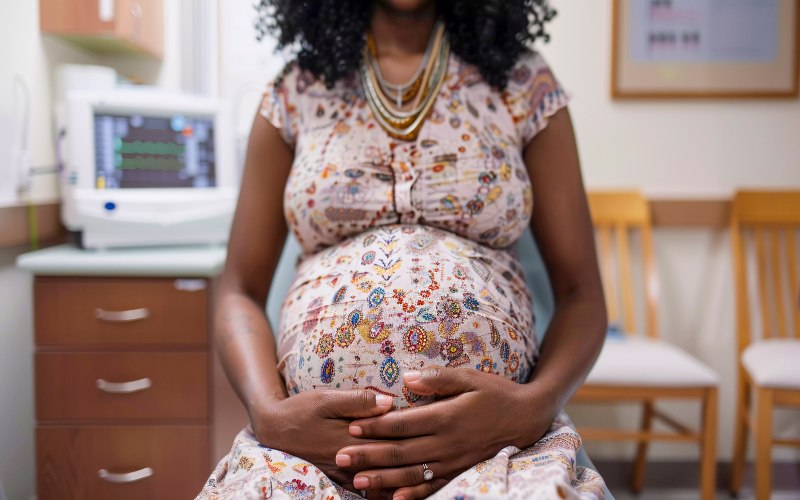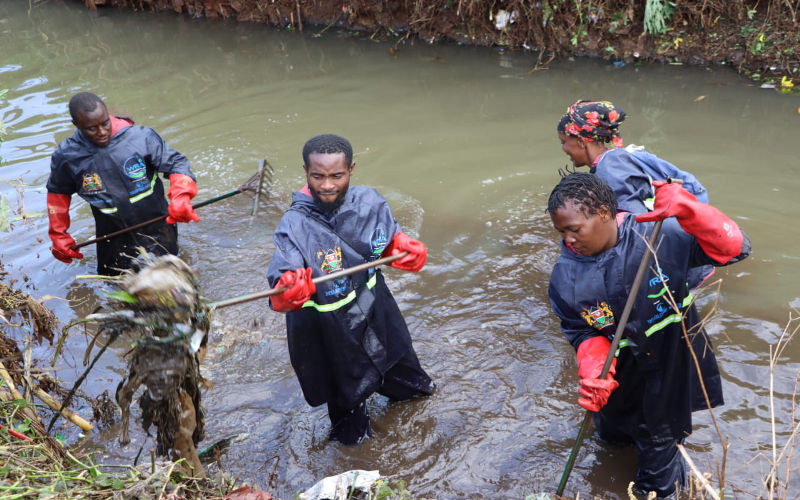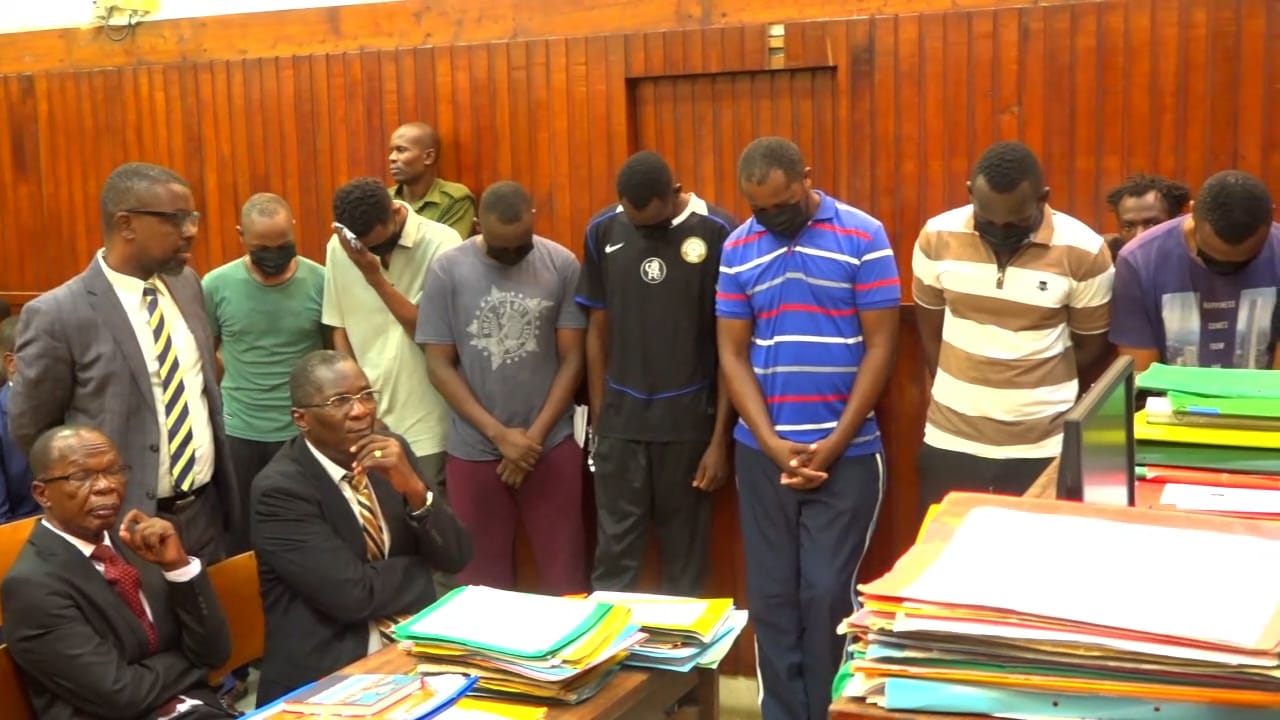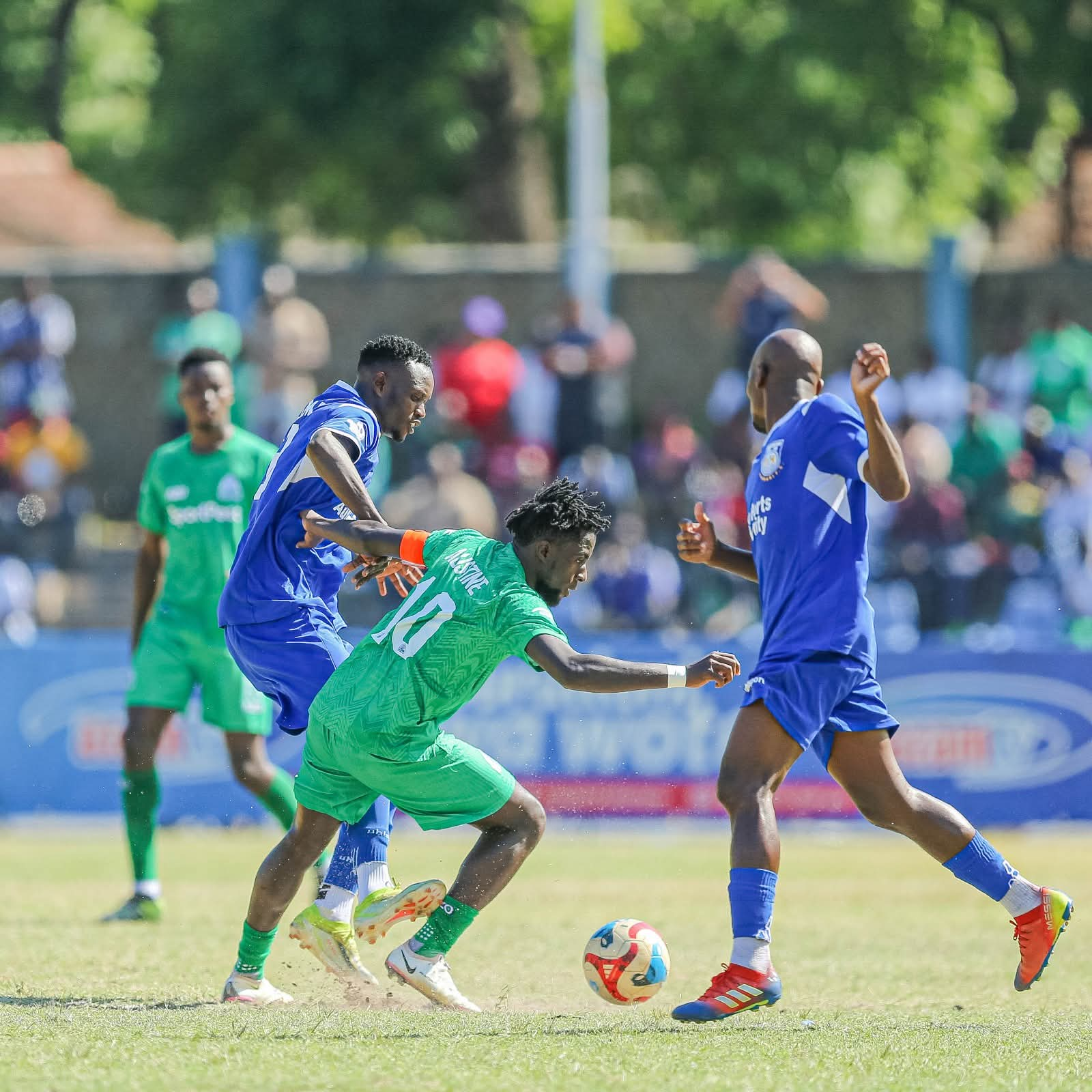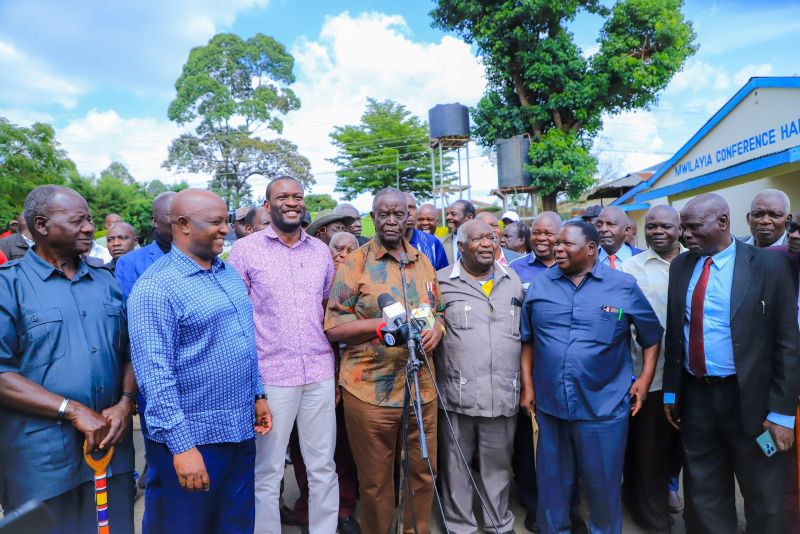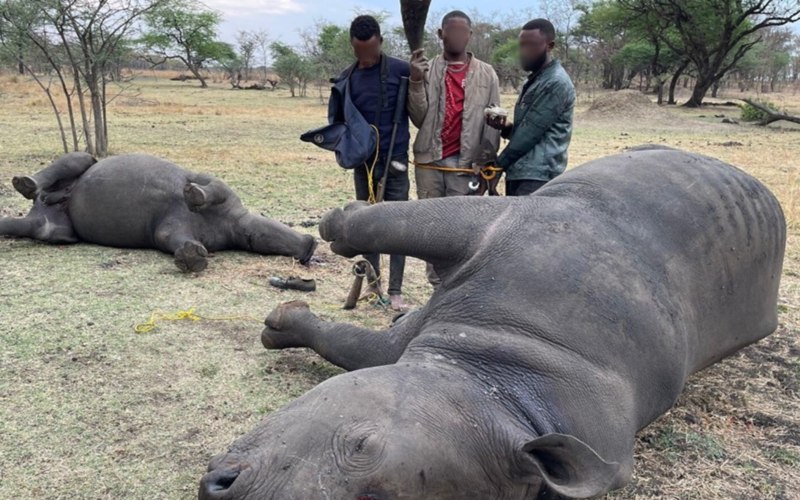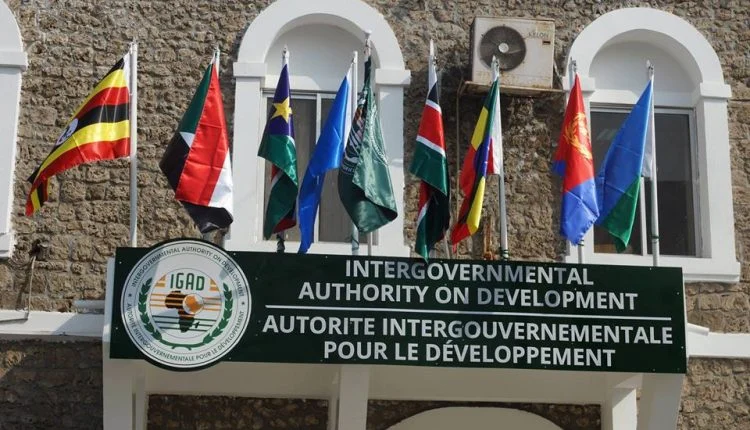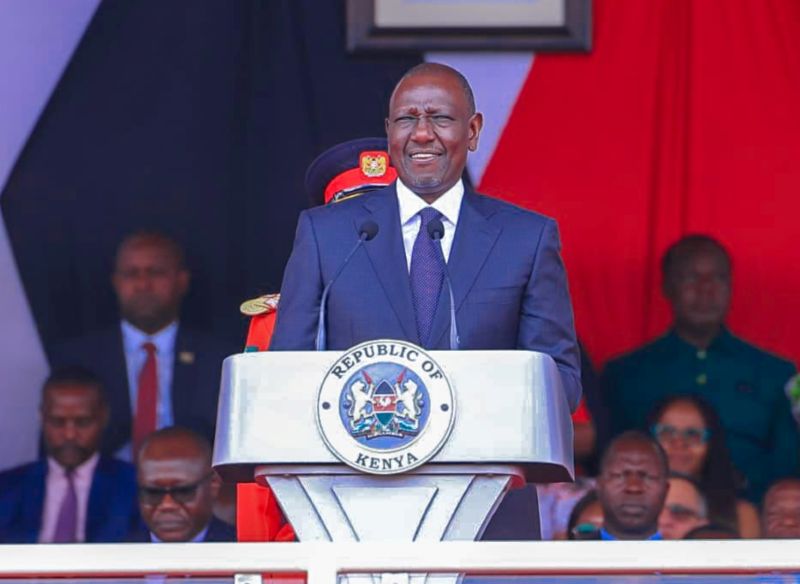WHO approves new emergency mpox vaccine amid rising cases in Kenya
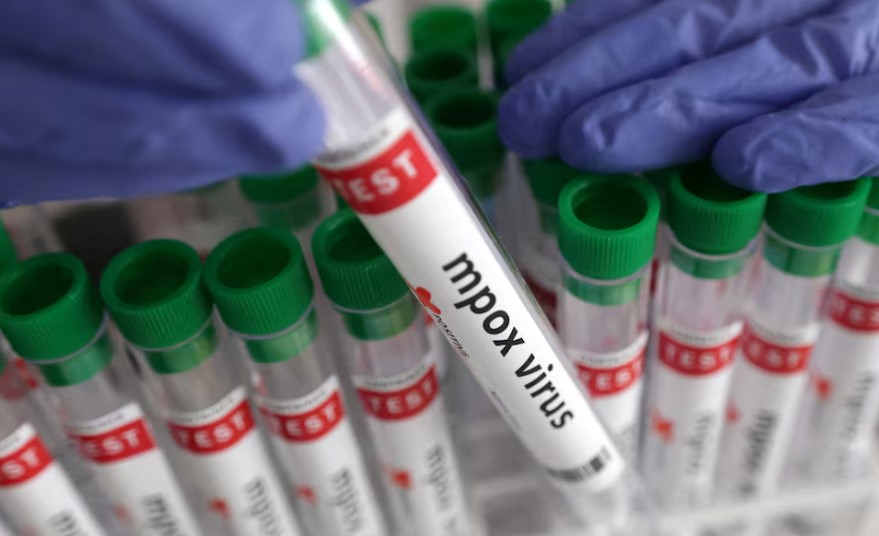
While most people recover without complications, the disease can cause severe illness in some individuals.
The World Health Organisation (WHO) has approved a new mpox vaccine for emergency use, in the fight against the outbreak
The vaccine, LC16m8, becomes the second to receive an emergency use listing (EUL) from the WHO, joining other approved vaccines in the effort to curb the spread of the disease.
More To Read
- Namibia declares mpox outbreak after confirmed case in Swakopmund
- Mpox deaths near 2,000 in Africa since 2024 amid recent decline in cases: Africa CDC
- Mombasa leads Kenya’s mpox outbreak as MoH, WHO step up response
- Mombasa confirms two mpox deaths as infections surge in Nyali and Changamwe
- Two dead as Mpox hits Nyali and Changamwe, Mombasa on high alert
- Urgent call for vaccines in DRC as new mutation drives surge in child mortality rates
This latest approval comes at a critical time, as Kenya reports a surge in mpox cases, with the total number now reaching 18 confirmed infections.
Health Cabinet Secretary Deborah Barasa confirmed the latest case in Nakuru County, highlighting the spread of the disease across several regions.
"The cases are distributed as follows: Nakuru (four), Nairobi (two), Mombasa (two), Kajiado (two), Bungoma (two), Taita Taveta (one), Busia (one), Makueni (one), Kericho (one), Uasin-Gishu (one), and Kilifi (one)," Barasa said.
The Ministry of Health also revealed that four individuals are currently being treated for the disease, while 14 others have fully recovered.
The WHO's approval of the LC16m8 vaccine is seen as a crucial development in the response to the global mpox crisis.
The vaccine is not recommended for use during pregnancy or for individuals with compromised immune systems, such as those with active cancer, transplant recipients, or advanced HIV.
Dr Yukiko Nakatani, WHO Director-General for Access to Medicines and Health Products, emphasised the importance of vaccination in controlling the outbreak.
"WHO emergency use listing of the LC16m8 vaccine against mpox marks a significant step in our response to the current emergency, providing a new option to protect all populations, including children," Nakatani said.
The new vaccine is manufactured in Japan, which has pledged to donate 3.05 million doses, along with specialised inoculation needles, to the Democratic Republic of the Congo (DRC).
This donation represents the largest single contribution to date in the ongoing global mpox response.
Mpox, which is caused by the monkeypox virus, continues to spread across the globe. Since the beginning of the year, mpox cases have been reported in over 80 countries, including 19 in Africa.
The DRC has been the hardest-hit country, with more than 39,000 suspected cases and over 1,000 deaths.
In Kenya, efforts to combat the outbreak have included close monitoring of contacts.
"Additionally, 115 contacts have been identified, with 80 completing the required 21-day follow-up. Three of these contacts have tested positive for mpox and 32 remain under follow-up," CS Barasa said.
Despite the challenges, Barasa praised the public's role in controlling the outbreak.
"Your efforts have played a vital role in slowing down the spread of the virus and protecting our communities," she said, urging continued adherence to health guidelines and vigilance.
Mpox is an infectious disease marked by symptoms such as painful rashes, enlarged lymph nodes, and fever.
While most people recover without complications, the disease can cause severe illness in some individuals.
Top Stories Today

